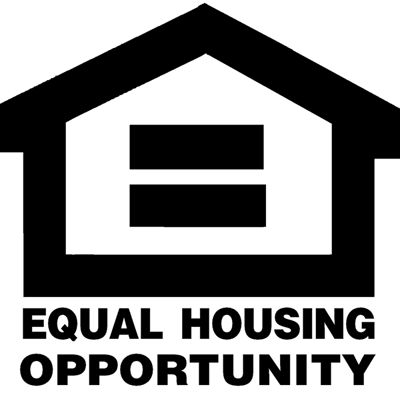BY MIKE HOLMES, REGINA LEADER POST MARCH 5, 2012
I’ve been hearing a lot of green talk bandied about lately. It’s the thing to do nowadays. I know we’re talking green, maybe even thinking green, but are we really doing green?
I won’t comment on other industries — I’ll leave that to their own pros — but I will talk about the industry I’ve been working in for the last 30 years. And the trend is definitely swinging toward “green” products and options. This is good.
The problem is when people and companies jump on the bandwagon just to make a quick buck. It’s what some call “greenwashing.
“When I first started commenting on the home-inspections industry, I would characterize it as a lot of cowboys but not a lot of sheriffs. Well, the same could be said about the green movement.
Because it’s new, there are a lot of regulations and certifications being developed. The problem is knowing which ones are the legitimate ones. What are the regulations today that will define the green standard of tomorrow?
It’s still a moving target. So I’m more inclined to talk about something I know does the job for both the homeowner and the environment — and that’s energy efficiency and durability.
Building an energy-efficient home isn’t a trend. It’s becoming a standard, and I like this, because it’s asking more of builders, as well as homeowners.
It’s a way of thinking that says it’s better to invest in more insulation than a granite countertop. It’s cool to have solar panels, energy-efficient appliances and a green roof. These features are becoming the new eye candy of the modern and contemporary home.
Do I like green? Yes. But I don’t like greenwashing. And for me, the smarter and greener option will always be something that proves its “green-ability” on a consistent basis. And that’s energy efficiency and sustainability.
The cost of energy is rising, and there’s no sign of it levelling off at any point. We have energy-performance labels that tell potential buyers exactly how energy-efficient elements of the house are.
What does this mean for homeowners? That an energy-efficient, durable home will appeal to anyone living on a fixed income and/or thinking of selling his home in the future.
We’re going to see more builders offering energy-efficient packages and upgrades. We’re going to see more homeowners choosing renovations that will bring their homes to higher performance levels and make them more durable. And we’re going to see an increase in demand for experienced and skilled renovators who know how to do this — the right way.
As builders and renovators, we need to mix the old construction theories that worked with new technologies, and get rid of the middle era that didn’t work. Look at passive houses.
The good news is that there are a few options that don’t require a lot of restructuring to make a home more energy-efficient. It’s just a matter of incorporating smart, simple, eco-friendly solutions that deliver real positive changes in the future, such as:
1. Increase and/or replace old insulation in the attic with one that has a higher R-value (at least 60). Make sure there’s good ventilation in the attic and seal off any potential areas of heat or en-ergy loss, such as windows and door frames.
2. Always go for Energy Star-rated appliances whenever possible.
3. Install a programmable thermostat that regulates the temperature of your home between day and night, whether you’re home or not.
4. Replace older toilets with ones that are low-flow to save, on average, 30 to 50 per cent of the water normally used.
5. Install a domestic hot-water recovery system that recaptures heat gathered from hot water used during dishes, showers, etc., and uses it to preheat the water going into the hot water tank.
Homes need to be more energy-efficient and environmentally sustainable if we want to build for the future. In fact, I think we have a responsibility to build homes you can buy when you’re young and grow old in. We used to build that way. We can build that way again.
Catch Mike in his new series, Holmes Inspection, airing Thursdays at 8 p.m. ET/PT on HGTV. For more information, visit www.hgtv.ca. For more information on home renovations, visit makeitright.ca.
